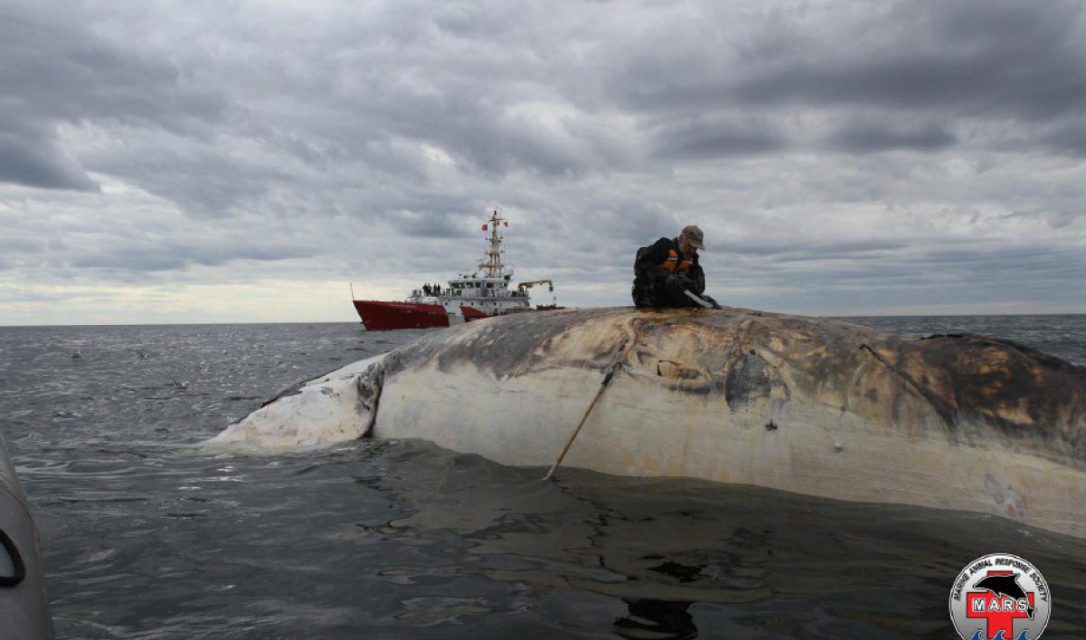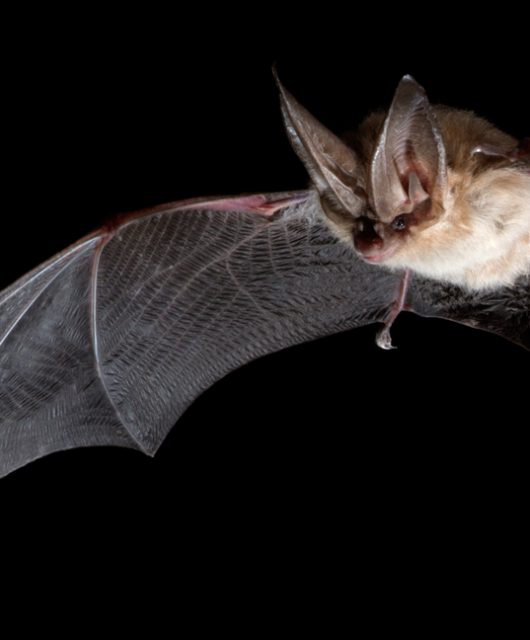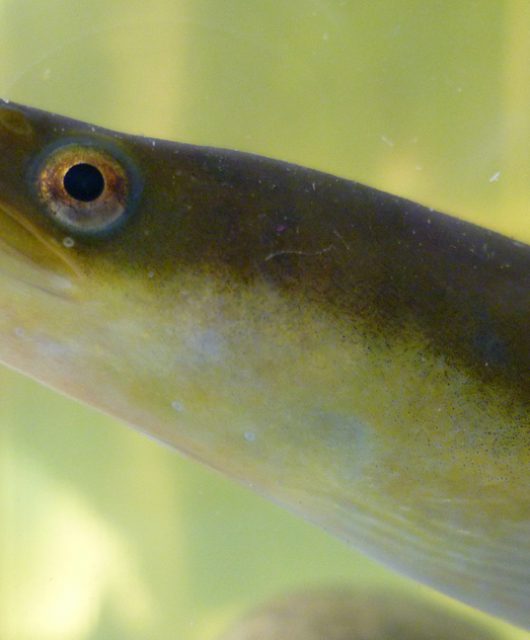Our thanks to the Toronto Star for its January 2nd editorial calling on the federal government to make a New Year’s resolution to save the critically endangered North Atlantic Right Whale.
The Canadian Wildlife Federation has been leading the charge for national support of Canada’s whale species; the need for long-term funding, conservation policies, and scientific research to support marine conservation. This has include three priority recommendations:
- Support for the regional non-governmental organizations who respond to marine animal incidents along our coasts, and are a part of the Canadian Marine Animal Response Alliance (CMARA).
- Funding for new technologies that will allow us to detect whales (such as underwater sound-activated drones).
- Changing fishing (e.g. temporary closures) and shipping practices (e.g. speed restrictions) in those places and times where whales are common.

On December 27, the Toronto Star published a comprehensive feature story about the 12 Right Whales that died in Canadian waters in 2017. Almost all of the whales were conclusively killed as a result of human actions – strikes from ships and entanglements in fishing gear. In plain language: these deaths were preventable.
There are only about 450 Right Whales left in the world and only 100 are breeding females. Mark Baumgartner, chair of the North Atlantic Right Whale Consortium (NARWC) summarized the situation this way:
“We don’t have decades to fix this problem…we only have a couple years. And the longer we wait, the harder the problem will be to fix.”
While the Right Whale story is shocking, it is not the only whale population in need of our attention. Many other whale populations are also endangered, including Blue, Fin, Sei, Beluga and Killer whales. In fact, if we don’t commit to preventing careless harm to marine wildlife by our activities in the oceans, it is likely we will lose other species as well.
The media are not alone in recognizing this increasingly grim situation. Many Canadians are also aware of this, and they want to see things change. The New Year brought us the dramatic rescue of a pilot whale stranded on a beach in Nova Scotia. Although this rescue was led by the very capable members of the Marine Animal Response Society, what was notable was the incredible response from the community! Thanks to the help of over 100 volunteers, the whale was helped back into the water and swam away hopefully to be reunited with its pod.
This story reminds us that Canadians have a deep connection to their wildlife; even marine species that we see so rarely, like pilot whales! Our wildlife define a part of who we are, and Canadians want to do the right thing to protect these living treasures.
Thank you to the Toronto Star and the other media for adding to the awareness of these issues.
Thank you to the Canadian government for its unprecedented, and preliminary, actions to reduce the harm to these species.
A heartfelt thank you to the members of Canada’s marine animal response organizations for their tireless work to investigate and to help Canada’s marine wildlife.
Finally, thank you to CWF supporters who give us the ability to work for better wildlife conservation in our oceans. I believe that we all want the best for these animals. It’s just time to prove it.
To learn more about Right Whales, please watch our Hinterland Who’s Who video.
To find out more about whales in general, check out our educational resources.
You can also support marine conservation by adopting a beluga whale.


